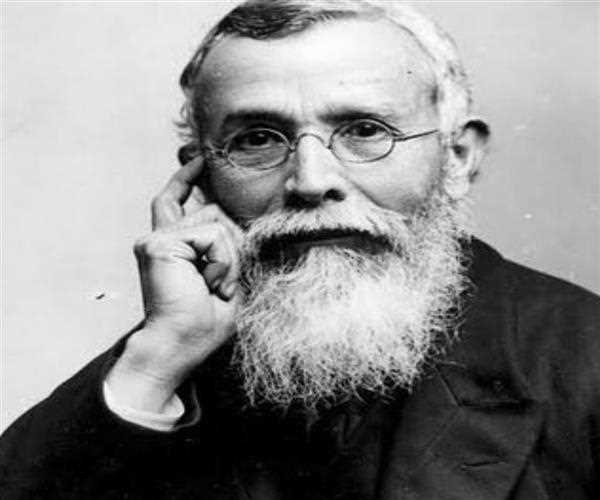Surendranath Banerjee was a leading Indian nationalist and a prominent figure in the Indian independence movement. He was born in Calcutta in 1848 and studied law at the University of Calcutta. After graduating, he joined the Indian Civil Service, but he resigned in 1876 in protest against the racial discrimination that Indian civil servants faced.

Banerjee then devoted himself to the cause of Indian independence. He founded the Indian National Association in 1876, which was one of the first political organizations in India. He also edited the newspaper The Bengalee, which was a major platform for the expression of Indian nationalist ideas.
Banerjee was a strong advocate of constitutional methods for achieving Indian independence. He believed that India could achieve self-government through peaceful means, such as petitioning the British government and organizing boycotts of British goods. He was also a strong supporter of the Swadeshi movement, which promoted the use of Indian-made goods instead of British-made goods.
Banerjee was a charismatic and eloquent leader, and he played a major role in the Indian independence movement. He was elected president of the Indian National Congress in 1895 and 1902. He also led the protests against the partition of Bengal in 1905.
Banerjee's major contributions to India's independence include:
- He was one of the first Indian leaders to advocate for constitutional methods of achieving Indian independence.
- He founded the Indian National Association, which was one of the first political organizations in India.
- He edited the newspaper The Bengalee, which was a major platform for the expression of Indian nationalist ideas.
- He was a strong supporter of the Swadeshi movement.
- He led the protests against the partition of Bengal in 1905.
Banerjee's contributions to India's independence were significant. He was a leading figure in the Indian nationalist movement, and he helped to lay the foundation for India's eventual independence. He is remembered as one of the "fathers of modern India."
In addition to his political activities, Banerjee was also a scholar and a writer. He wrote several books on Indian history and politics, including A History of the Indian People (1893) and The Development of the Indian Constitution (1909). He was also a member of the Royal Asiatic Society of Bengal.
Banerjee died in Calcutta in 1925. He was a towering figure in Indian history, and his contributions to India's independence are still remembered today.